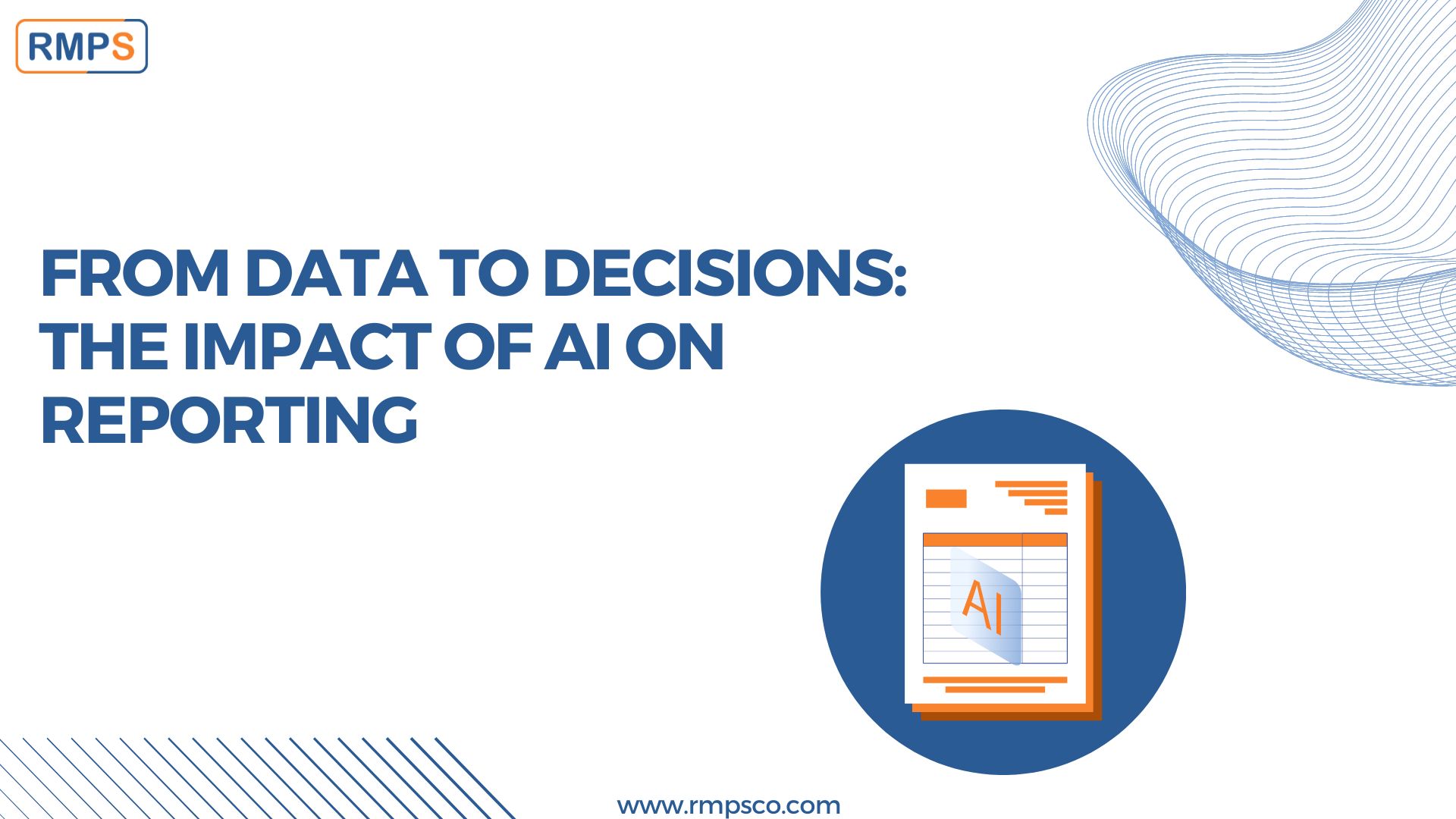
In the age of digital transformation, Artificial Intelligence (AI) has emerged as a game changer in a variety of disciplines, including reporting and data analytics. Using AI to communicate findings not only improves accuracy, but also provides efficiency and depth that were previously unavailable. This blog discusses the numerous potential AI offers in reporting discoveries, making it an invaluable tool for corporations and scholars alike.
· Enhancing Accuracy and Precision:
One of the key advantages of AI in reporting is its unprecedented accuracy. Traditional techniques of data analysis and reporting are susceptible to human error, which can result in large mistakes. However, AI systems can interpret massive volumes of data with incredible precision, ensuring that the findings reported are precise and reliable.
· Automated Data Processing:
AI-powered technologies can automate data processing activities that would otherwise necessitate significant manual work. For example, AI can swiftly analyze enormous databases, discover patterns, and provide detailed reports. This automation saves time while also ensuring that data is processed consistently and precisely.
· Real-Time Insights:
AI enables real-time data processing, giving users immediate insights into current trends and developments. This skill is especially useful in industries like finance, healthcare, and marketing, where immediate information is critical. Businesses may use AI to make more informed decisions, increasing agility and responsiveness.
· Predictive Analytics:
AI’s predictive analytics capabilities are changing the way businesses report and act on data results. By examining previous data, AI can accurately predict future trends and events. This predictive power enables firms to foresee changes, alter their strategy proactively, and maintain a competitive advantage.
· Enhanced Visualization:
Data visualization is a critical aspect of reporting, and AI significantly enhances this process. AI tools can create dynamic, interactive visualizations that make complex data more accessible and understandable. These visualizations can be customized to highlight key findings, making it easier for stakeholders to grasp essential insights at a glance.
· Interactive Dashboards:
AI-powered interactive dashboards allow users to explore data more deeply. These dashboards provide real-time updates and enable users to manipulate data visualizations to uncover new insights. This interactivity makes reporting more engaging and insightful.
· Personalized Reporting:
AI can tailor reports to meet the specific needs of different stakeholders. By understanding user preferences and requirements, AI can generate personalized reports that highlight the most relevant data and insights. This customization ensures that each stakeholder receives the information they need in a format that is most useful to them.
Conclusion:
The use of AI in reporting findings opens up several options to improve accuracy, efficiency, and depth of insights. AI is changing the way organizations and researchers approach data reporting, from automated data processing and real-time analysis to personalized reporting and cost savings. As AI technology advances, its function in reporting will become increasingly important, enabling better decision-making and developing a deeper comprehension of complicated data. The use of AI in reporting findings opens up several options to improve accuracy, efficiency, and depth of insights. AI is changing the way organizations and researchers approach data reporting, from automated data processing and real-time analysis to personalized reporting and cost savings. As AI technology advances, its function in reporting will become ever more important.
Ai Extensive : www.aiextensive.com
This article is only a knowledge-sharing initiative and is based on the Relevant Provisions as applicable and as per the information existing at the time of the preparation. In no event, RMPS & Co. or the Author or any other persons be liable for any direct and indirect result from this Article or any inadvertent omission of the provisions, update, etc if any.
Published on: July 15, 2024
